Animal rights activists hate it. Residents profit from it. Welcome to Sweetwater, Texas—the home of the biggest rattlesnake roundup in the world.
The town of Sweetwater in central Texas has seen its ups and downs since it was first settled in the late 1800s. Started as a small railroad town, Sweetwater celebrated the highs and lows of the oil industry in Texas, and today is one of the largest producers of wind energy in the world. But throughout all of the changes, there’s one thing that has remained constant—an incredibly large population of rattlesnakes.
In 1958, local police officers and the town doctors were spending so much time responding to snake bites and nuisance reports that the residents decided to take matters into their own hands. They fanned out across the city, collected and killed as many rattlesnakes as they could, hoping to control the rattlesnake population and protect themselves and their livestock—and thus the rattlesnake roundup was born.
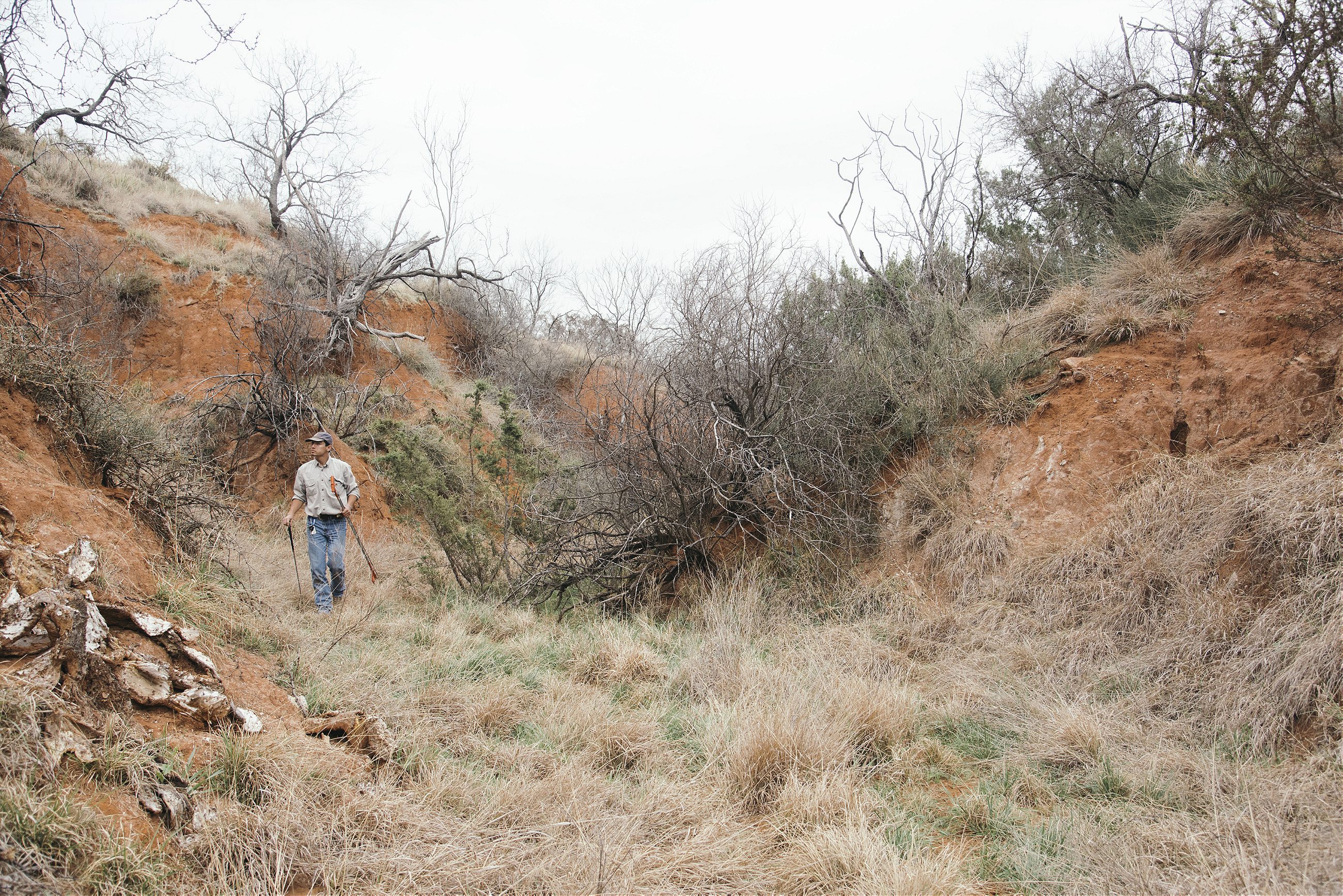
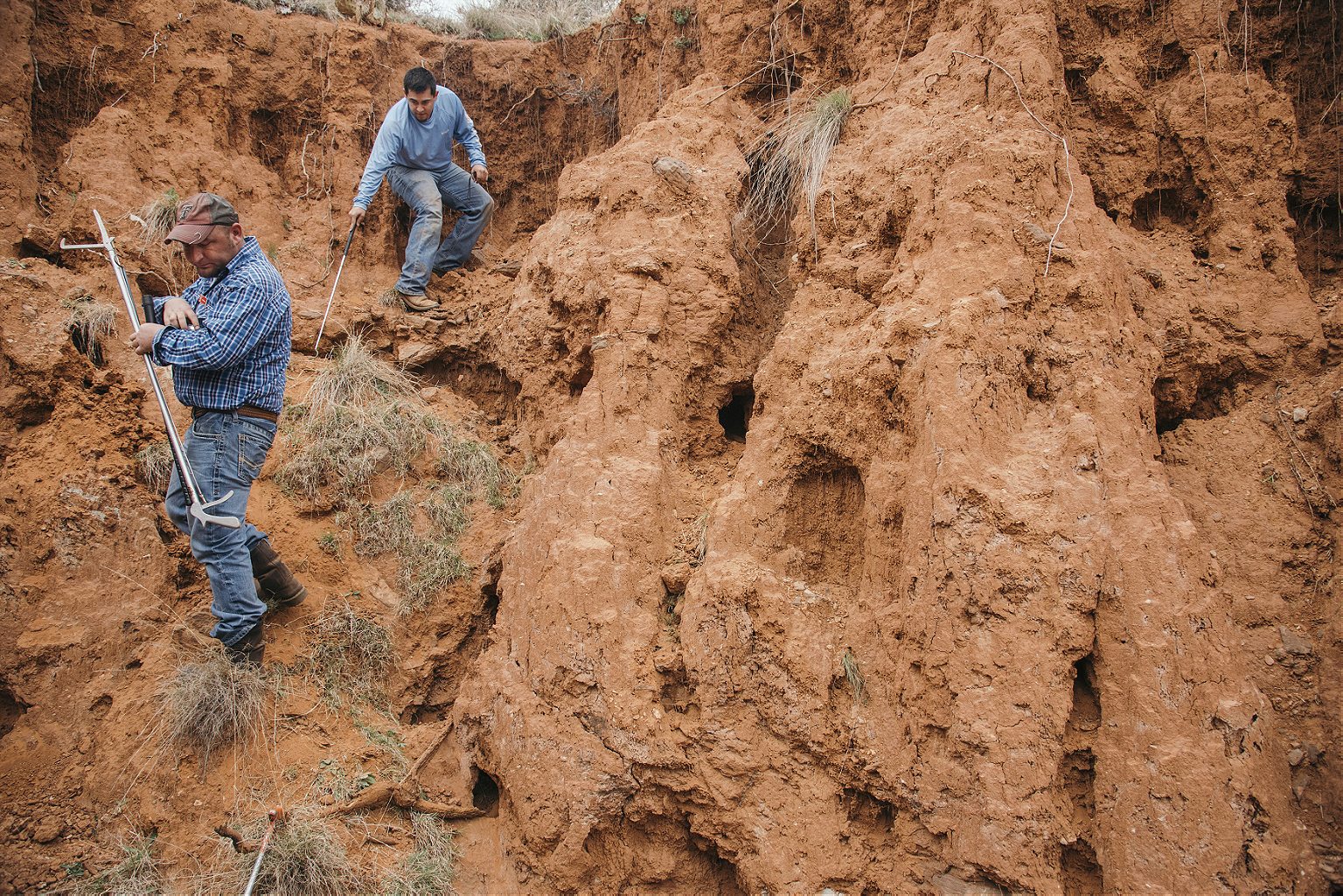
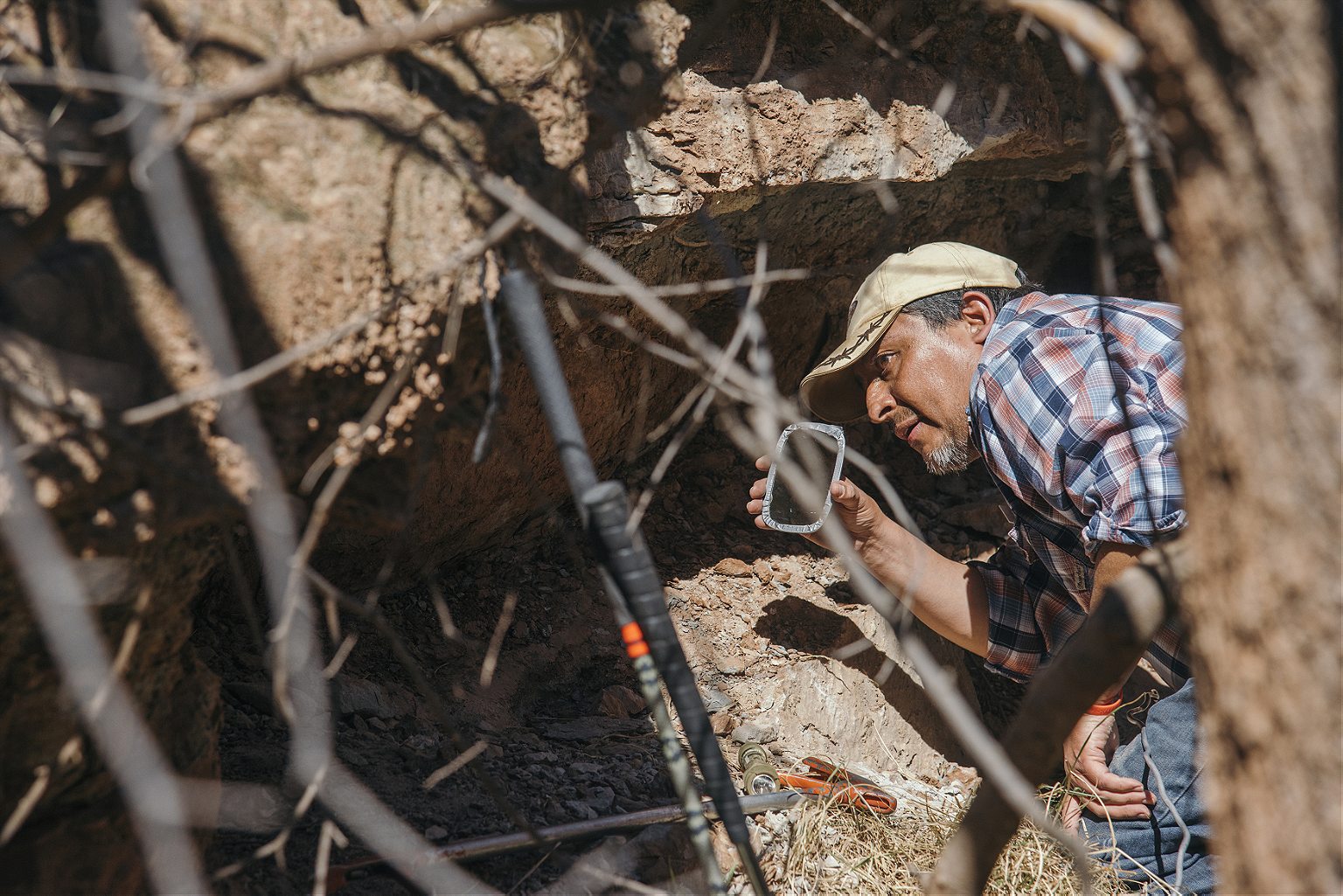
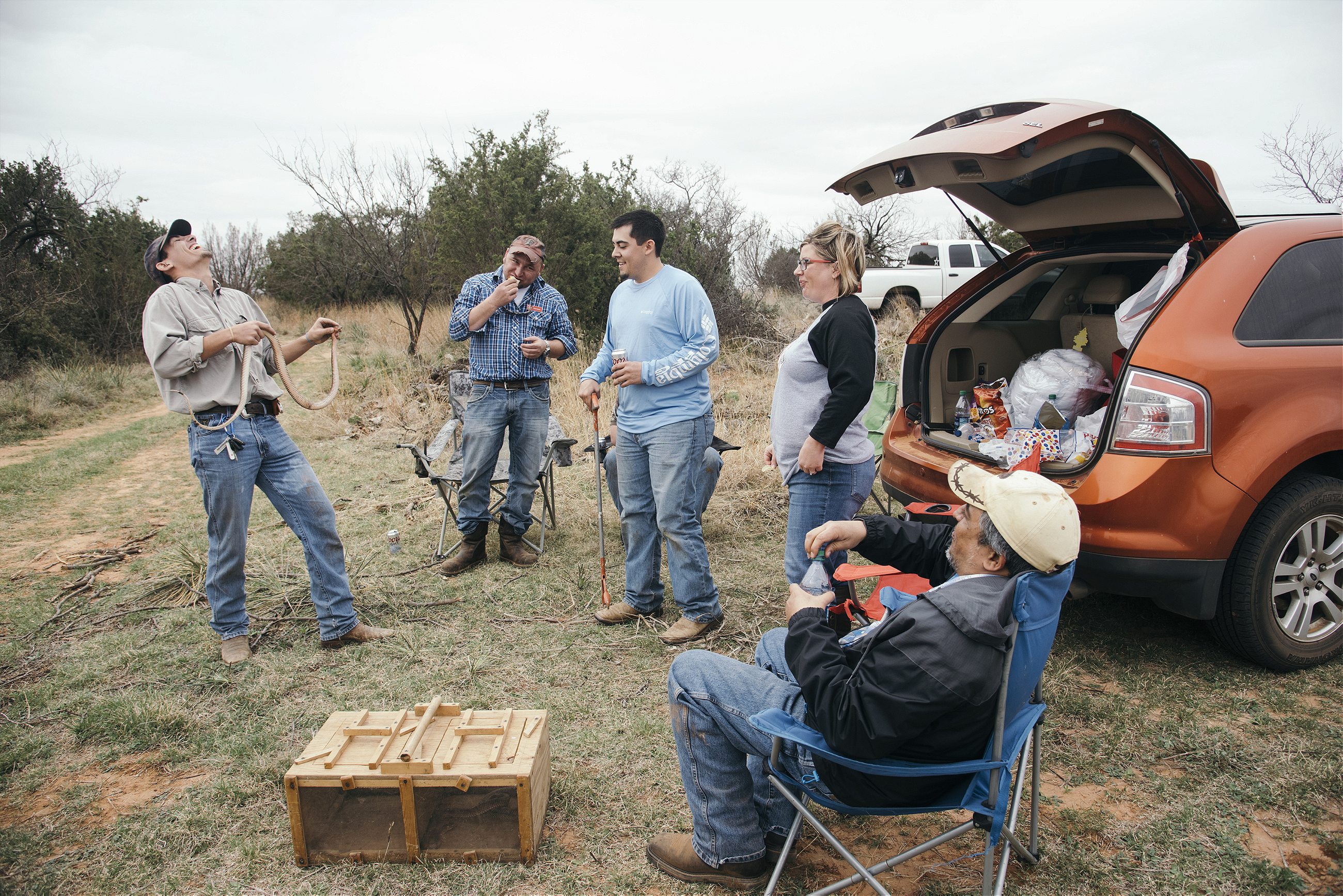
Now every spring, folks from around the world descend upon Sweetwater for what organizers say is “the largest rattlesnake roundup in the world,” bringing in an estimated $8.4 million every year to the local economy. The weekend of events includes a beauty pageant, snake eating contest, and the roundup itself, which in 2016 collected over 24,000 lbs of rattlesnakes. The snakes that are collected are measured and weighed, then milked for their venom to produce anti-venom, and finally butchered for their meat and skin—all revenue sources for the local population.
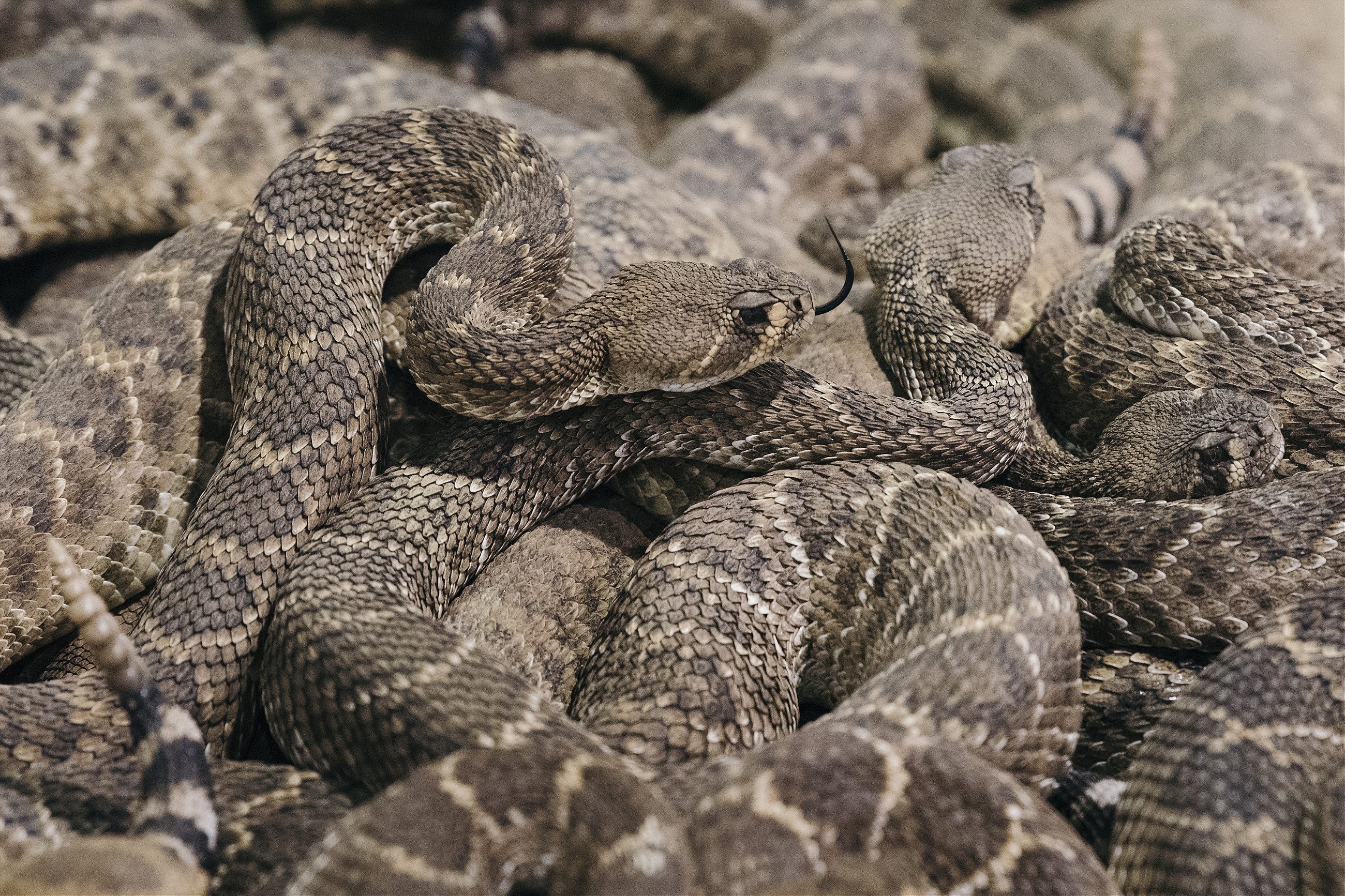
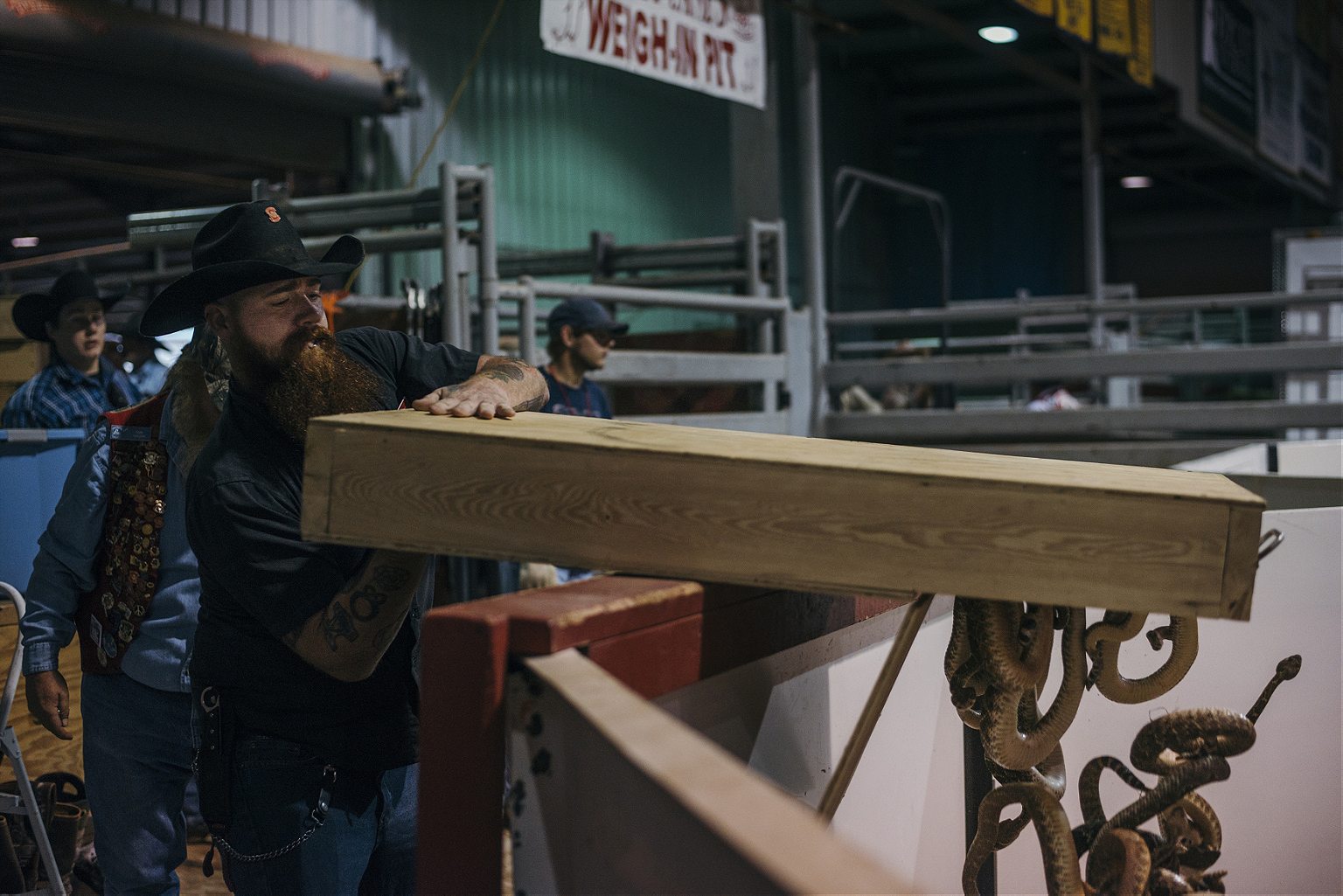
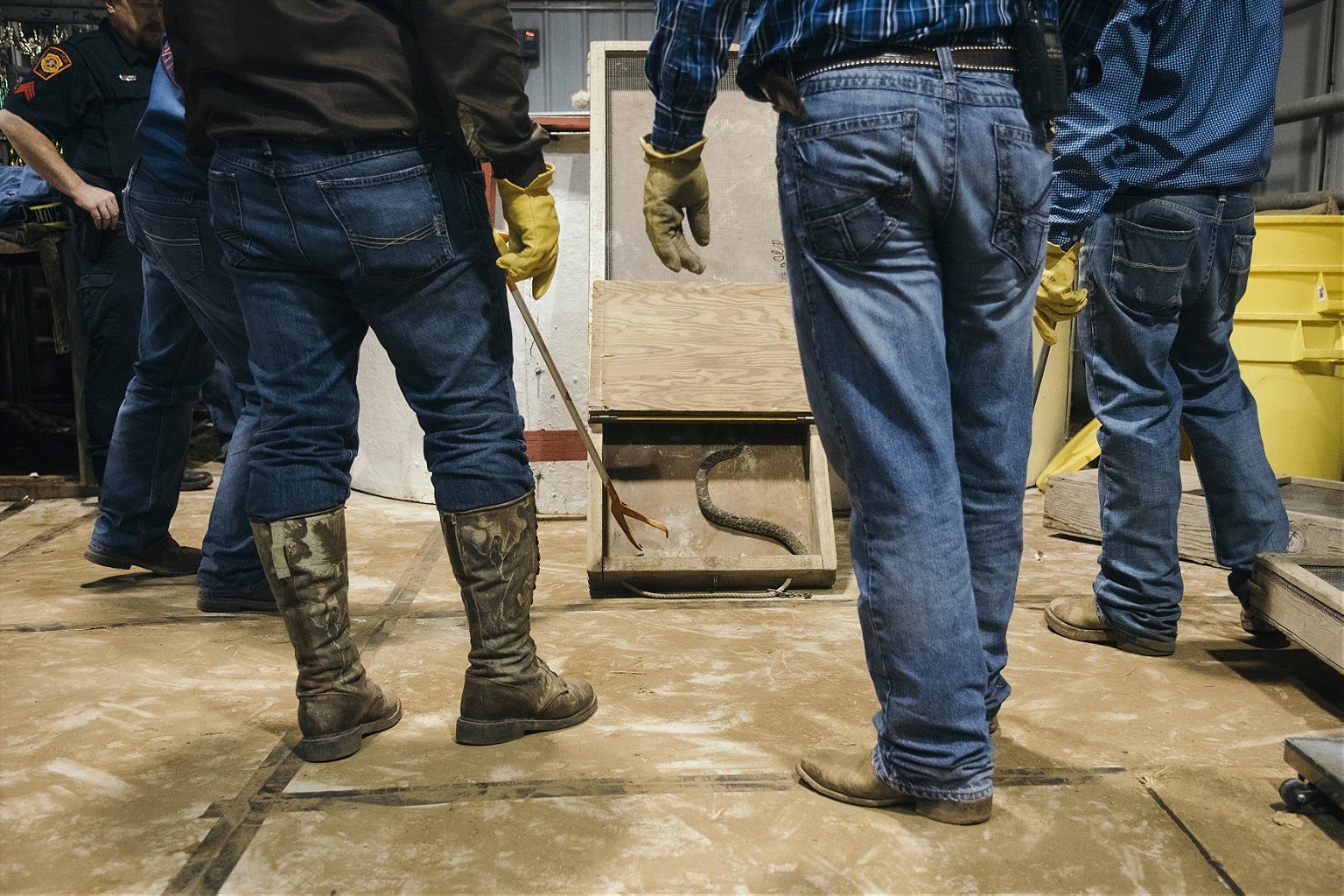
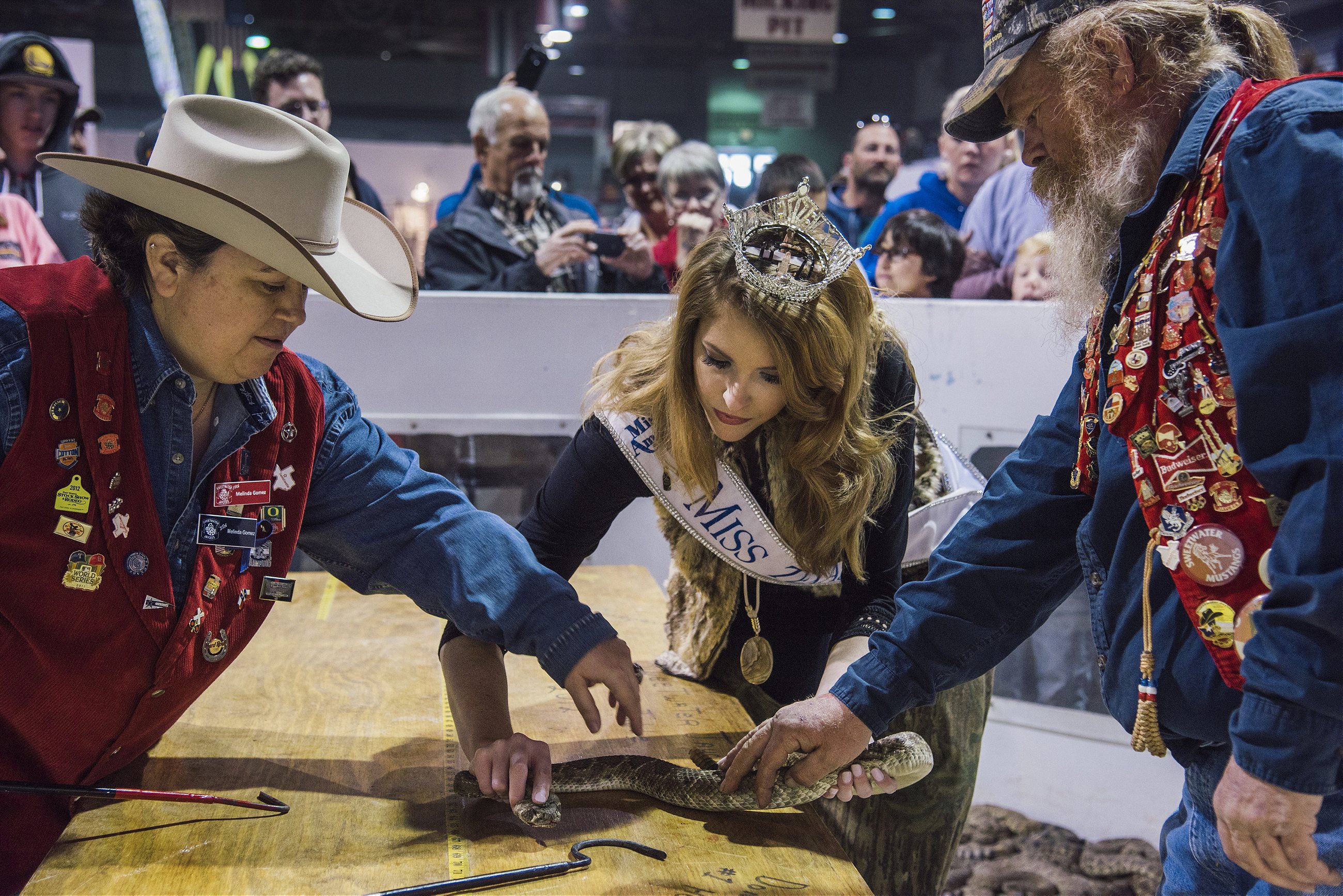
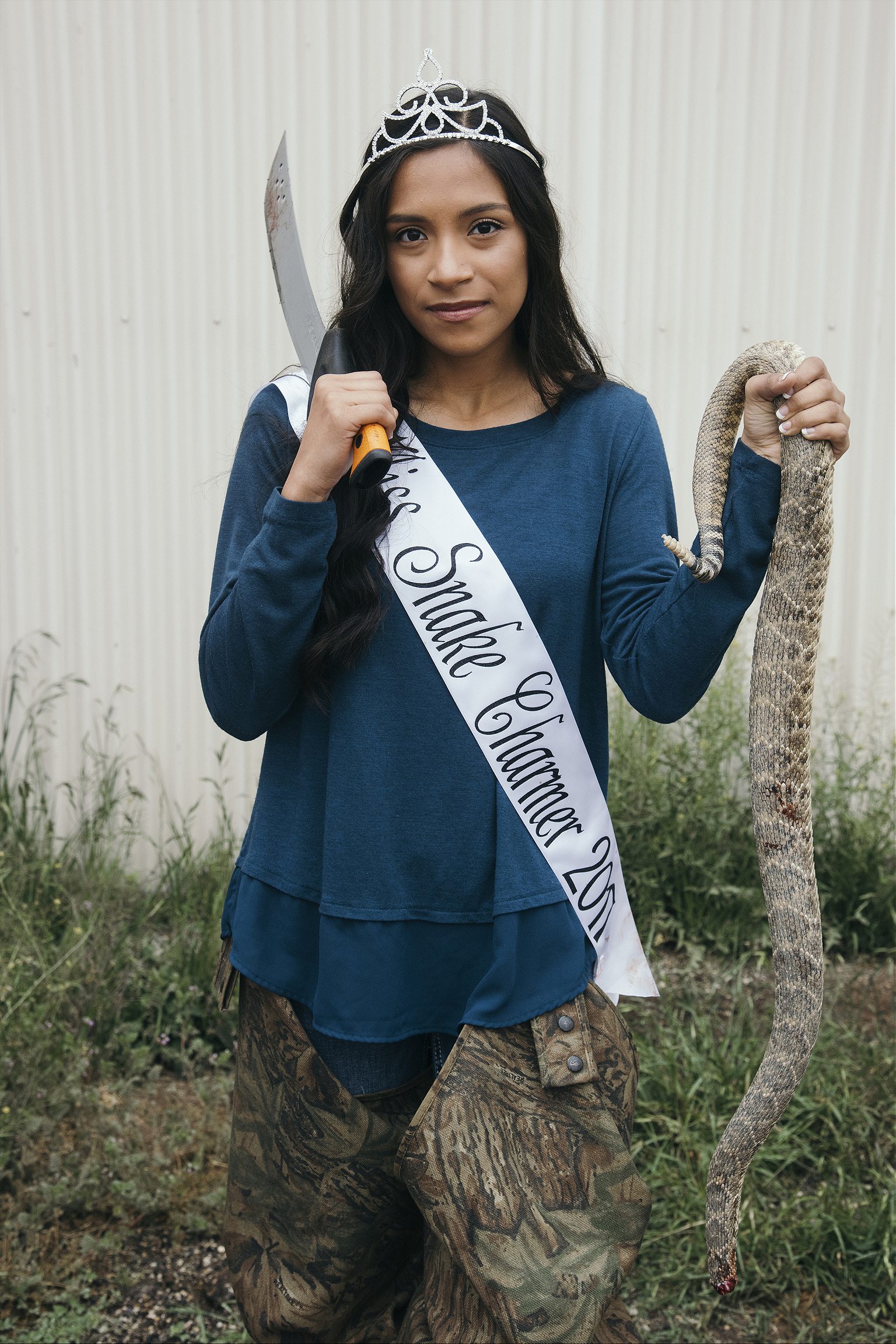
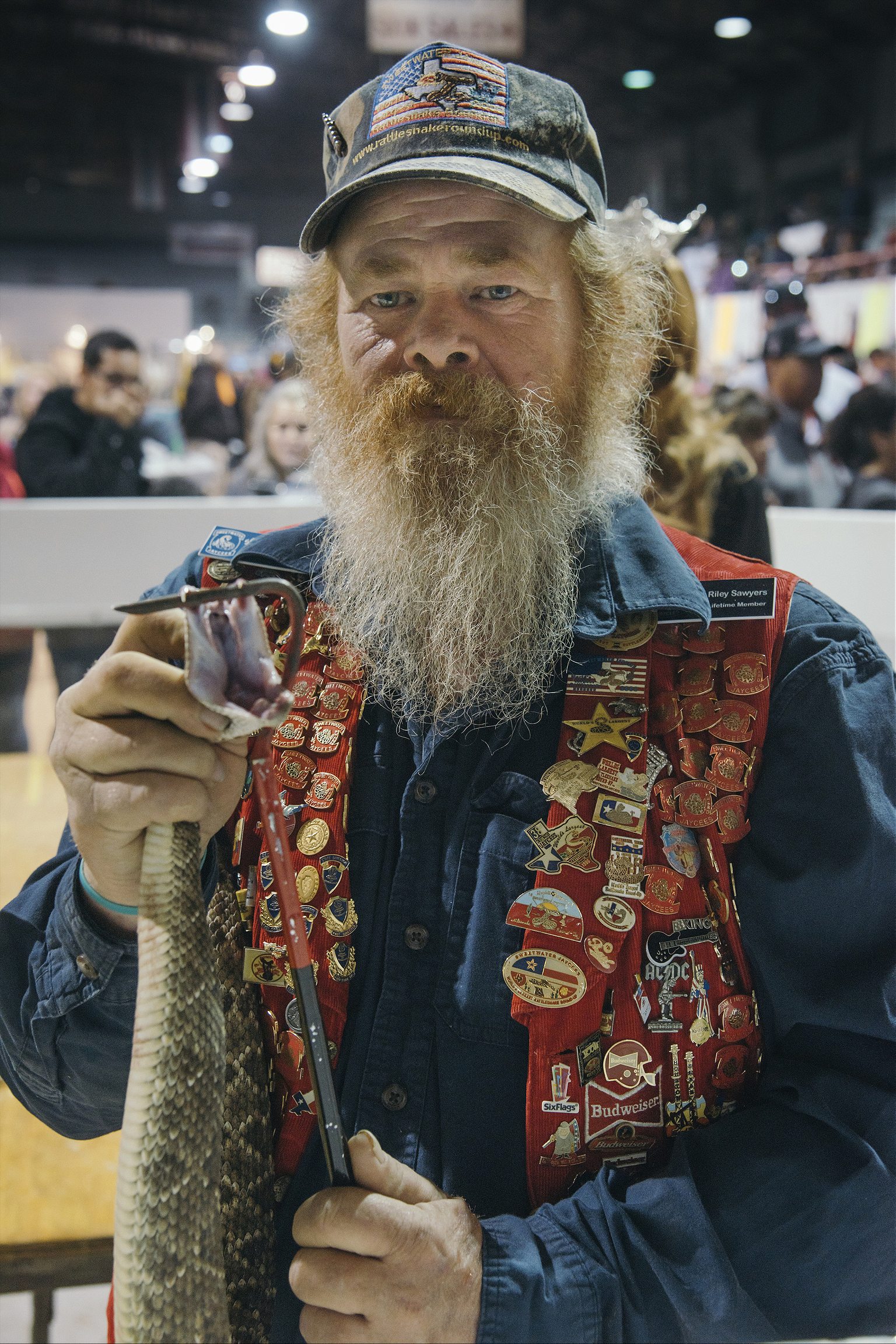
The population of the town quadruples during the weekend of the roundup, generating additional business for local restaurants, hotels, and a growing number of bed & breakfast operations. Locals who have been hunting snakes for years offer guided hunts to those who want the complete experience. Then there are the hunters themselves who collect and store the snakes for weeks leading up to the roundup weekend. Each year there is a set price per pound for the snakes—a good hunt can pay off more than a few months work.
But for years, animal rights groups have been opposed to the roundup. Activists and conservationists argue that the event encourages animal cruelty, and the process of removing snakes from their dens by gassing them is damaging to the environment. Organizers of the roundup say the event helps perform scientific research and tests for anti-venom. For Sweetwater residents, the debate has provided free advertisement for the event—they say the outrage only ends up spreading the word about the annual roundup and boosting tickets sales.
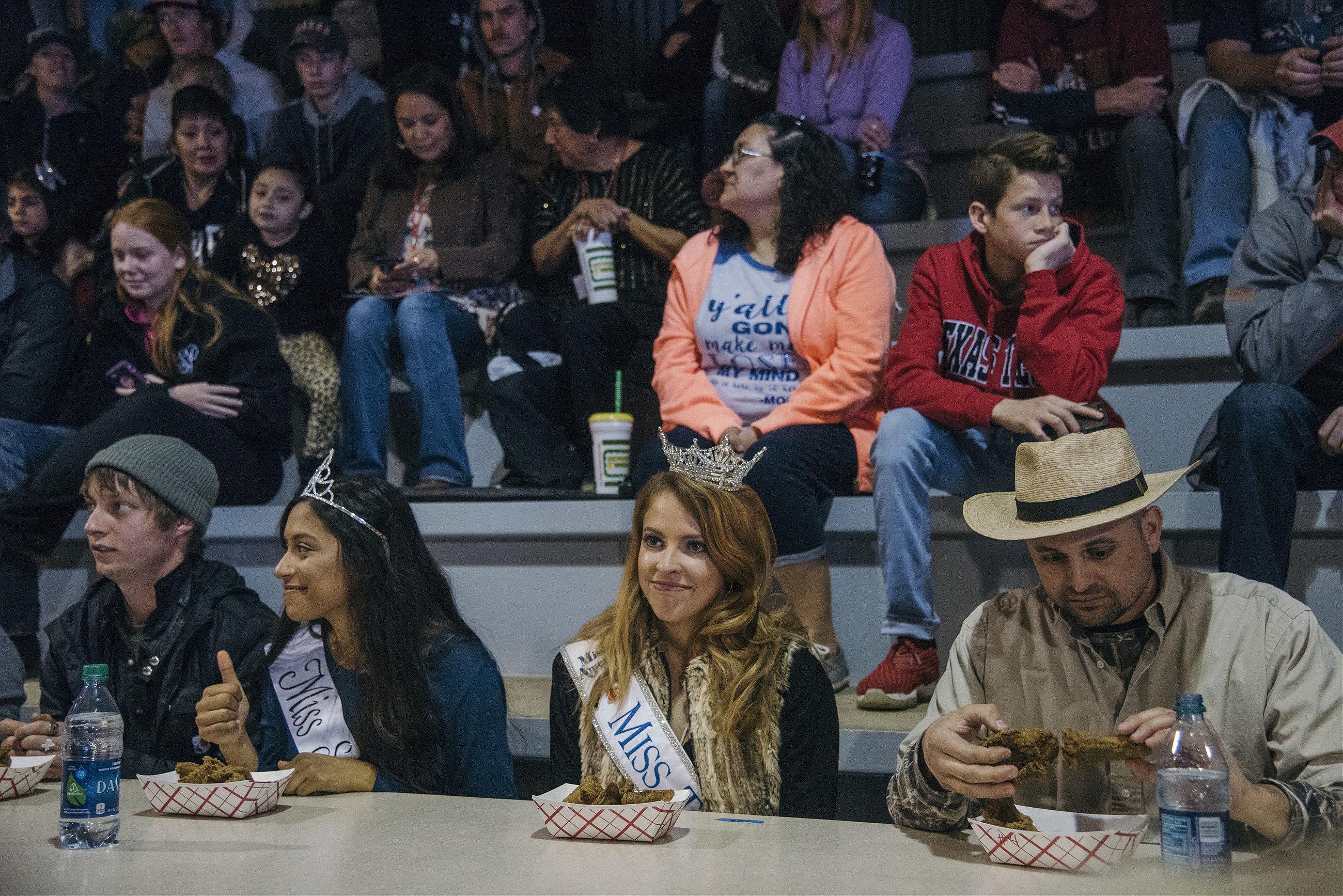
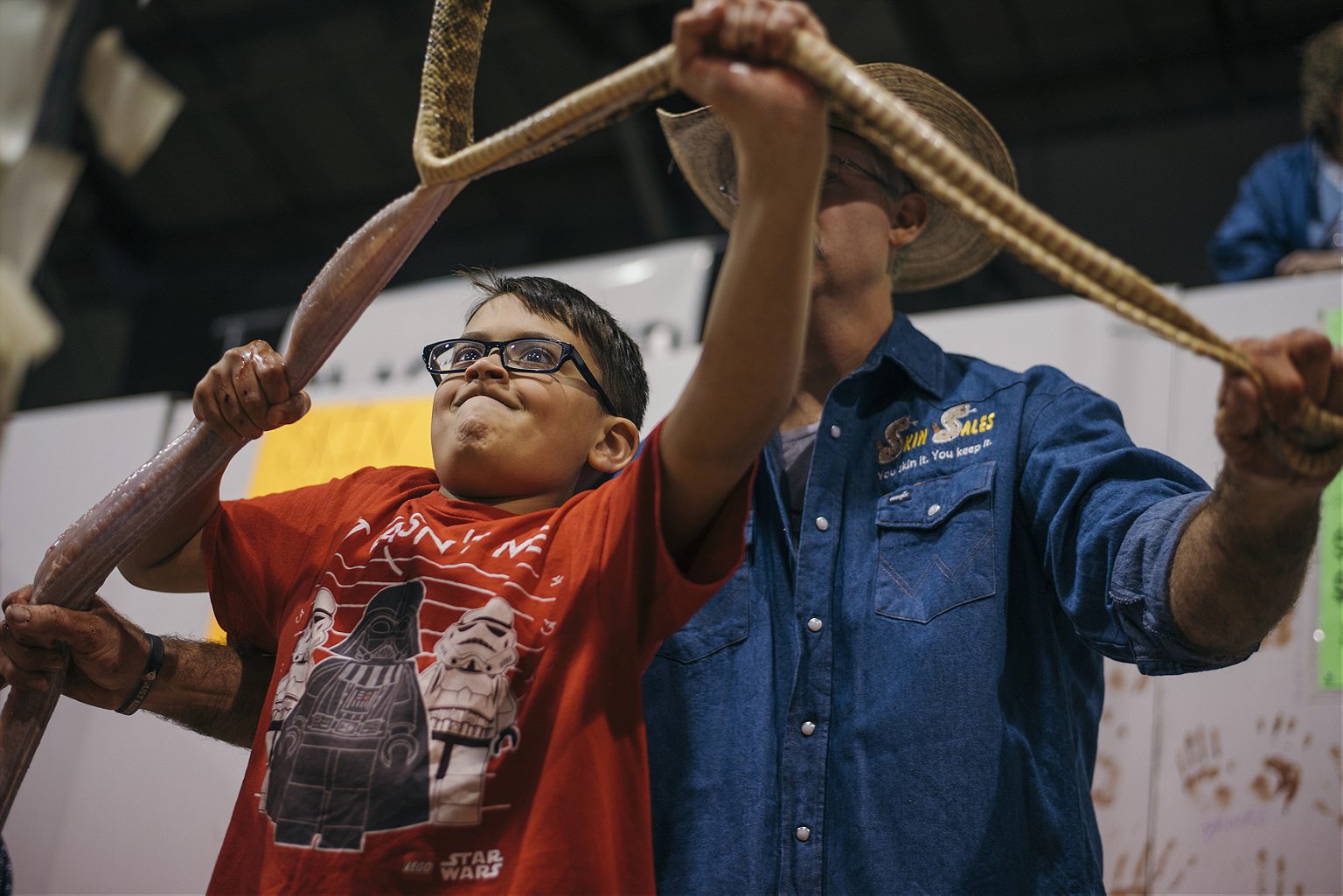
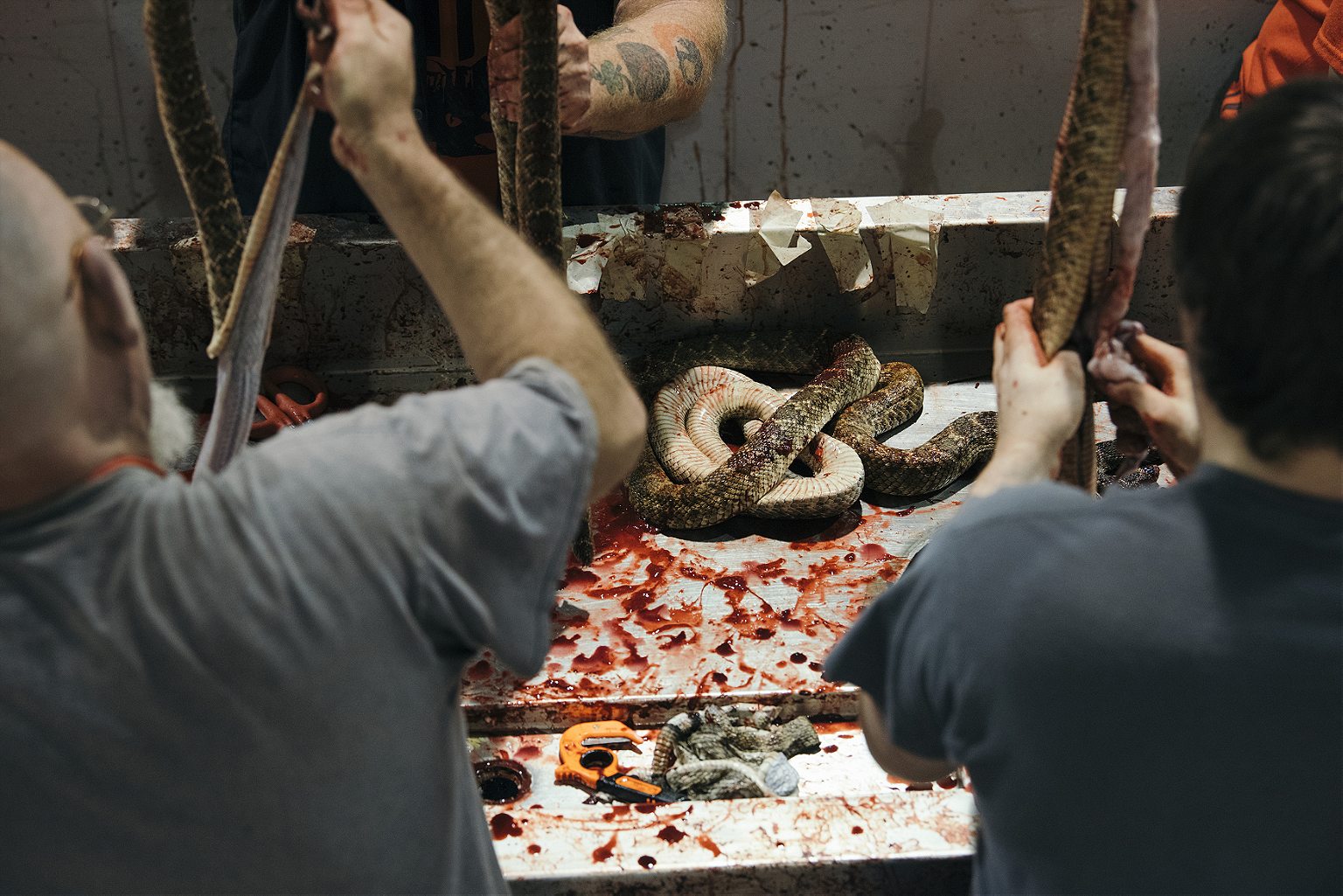
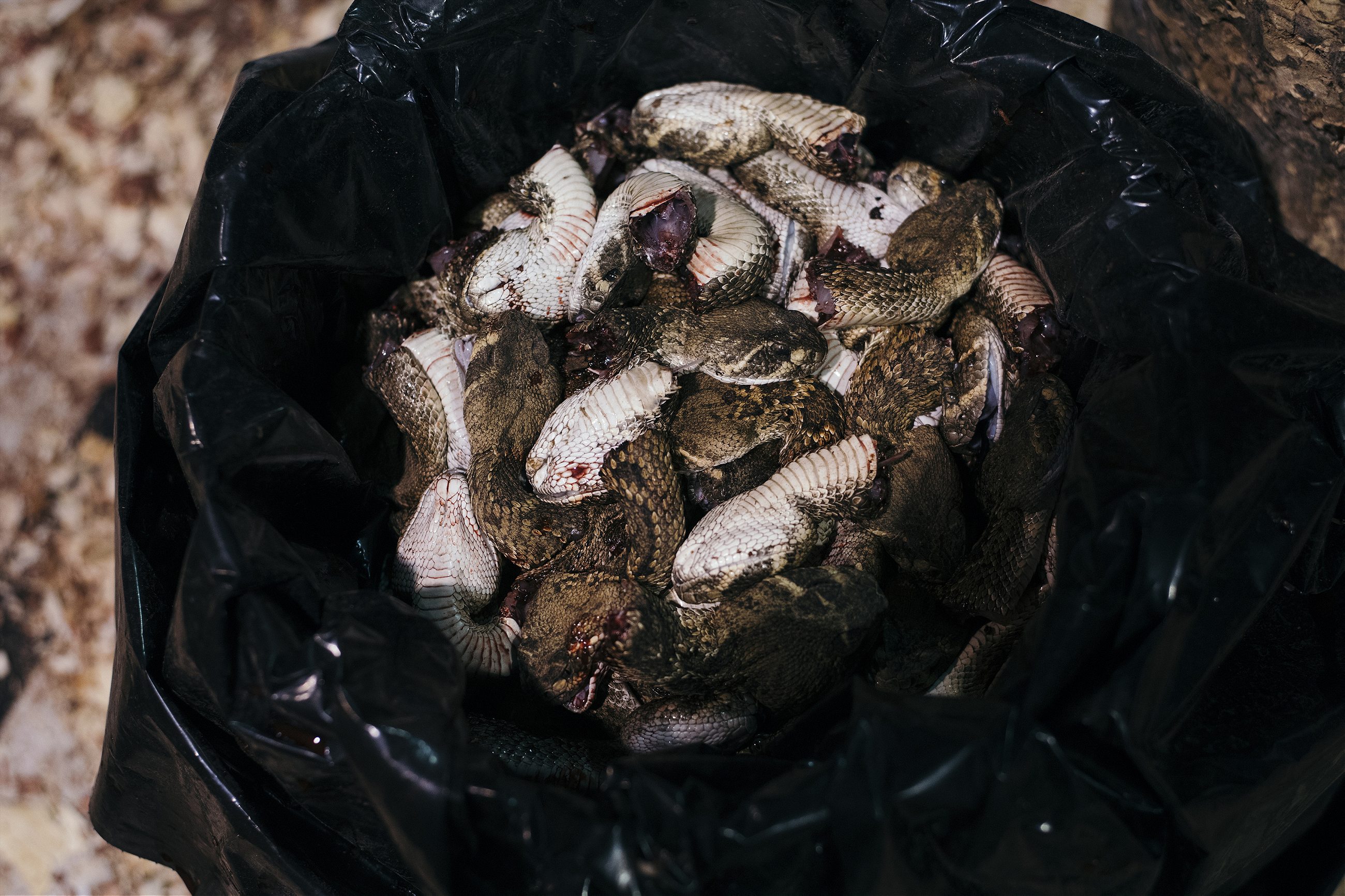
Photographer Cooper Neill visited and photographed the rattlesnake roundup in March 2017 as part of his project documenting life in Texas.